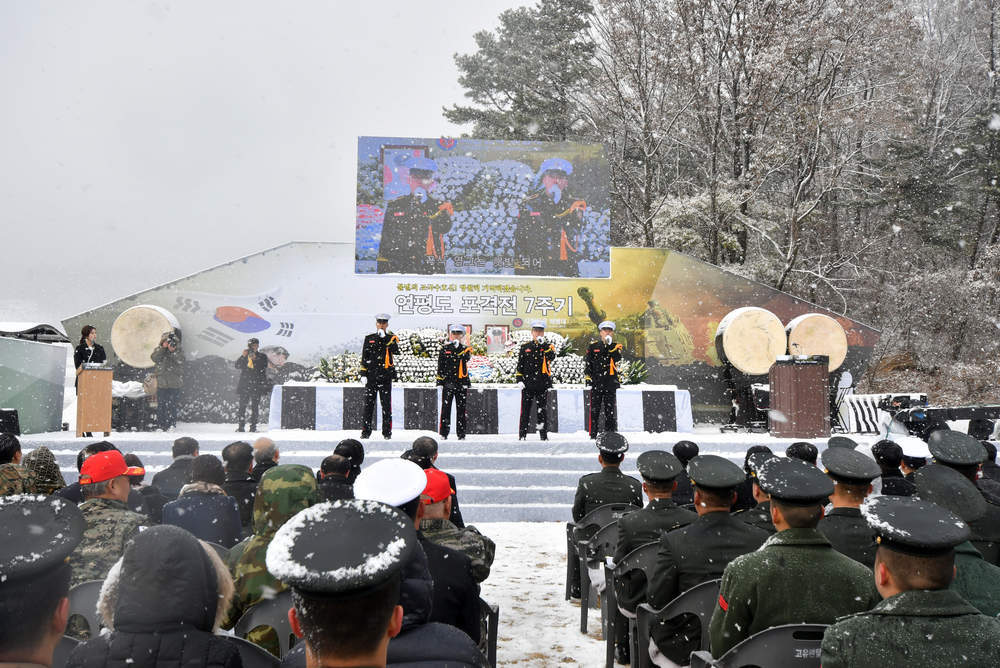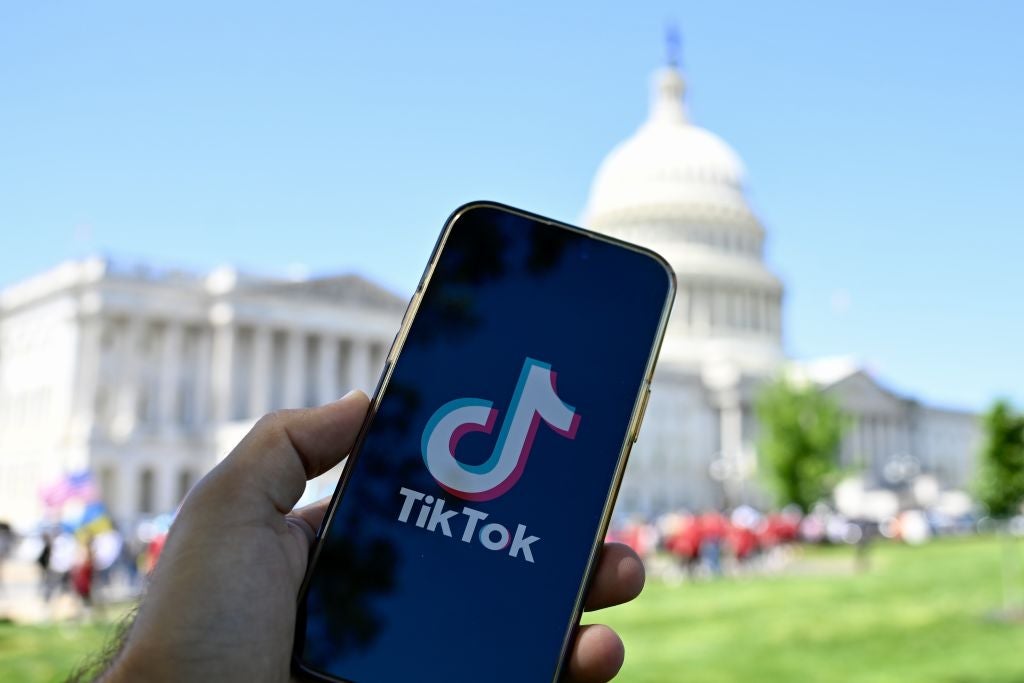
North Korea has tested an intercontinental ballistic missile capable of “striking the whole US mainland”, and declared itself a “complete” nuclear state.
In a special announcement broadcast on state TV, the regime said it had successfully tested a Hwasong-15, which appears to be an advanced version of ICBMs it launched in July.
Pyongyang claimed the missile, known as Hwasong-15, is nuclear-capable and the most powerful weapon it has ever tested.
State news agency KCNA reported that North Korean leader Kim Jong-un said the country had “finally realised the great historic cause of completing the state nuclear force”.
Kim is understood to have overseen the launch in the suburbs of Pyongyang.
US defence secretary James Mattis said the missile launched demonstrated North Korea had the ability to hit “everywhere in the world”, while US president Donald Trump told reporters at the White House after the launch that the US “will handle” the situation.
How well do you really know your competitors?
Access the most comprehensive Company Profiles on the market, powered by GlobalData. Save hours of research. Gain competitive edge.

Thank you!
Your download email will arrive shortly
Not ready to buy yet? Download a free sample
We are confident about the unique quality of our Company Profiles. However, we want you to make the most beneficial decision for your business, so we offer a free sample that you can download by submitting the below form
By GlobalDataMattis said:
The bottom line is, it’s a continued effort to build a threat — a ballistic missile threat that endangers world peace, regional peace and certainly the United States.
North Korea has this year stepped up its missile testing and is suspected of carrying out a number of nuclear tests within the country, resulting in a war of words between Kim and international leaders, most notably Trump who has repeatedly warned Kim the US can and will retaliate.
Why is North Korea launching missiles?
At the top of the list, the thing making life harder for Kim and the North Korean leadership, is the sanctions on the country. These stop other countries trading with North Korea and Trump has recently called on China to increase sanctions.
Since North Korea’s first nuclear test in 2006, the UN has imposed ever-tightening sanctions on the rogue regime to force it to halt its weapons programs.
The latest sanctions, approved unanimously by the United Nations Security Council on 5 August ban North Korean exports of coal, iron, iron ore, lead, lead ore and seafood, which are worth about $1bn — a third of the country’s foreign revenue.
North Korea accused the US of “trying to drive the situation of the Korean Peninsula to the brink of nuclear war” after the latest sanctions were adopted.
It’s also widely thought that Kim wants North Korea to be recognised officially as a nuclear power and permitted under international rules to carry out nuclear development and tests.
Meanwhile, North Korea wants to become a permanent member of the United Nation’s Security council, along with the US, the UK, France, Russia, and China & USA, with full veto rights making it able to better influence world events and the direction of international politics.
In addition, Kim has on numerous occasions called for the withdrawal of US troops from all bases in East Asia, especially South Korea.
The border between North Korea and South Korea is one of the most militarized in the world, according to the US state department.
Pyongyang has about 1.2m military personnel compared with 680,000 troops in South Korea, where 28,000 US troops also are stationed. Nearly 6m North Koreans are reservists in the worker/peasant guard, compulsory to the age of 60.
Some of the less likely and more long term demands of the country include billions of dollars in per year in reparations from the US and the reunification of the Korean peninsula.
Finally, as the US and North Korea only reached an armistice — not a peace treaty — to end the 1950-1953 Korean War, a formal peace treaty between the US and the country would provide a huge economic and political boost for Kim.







